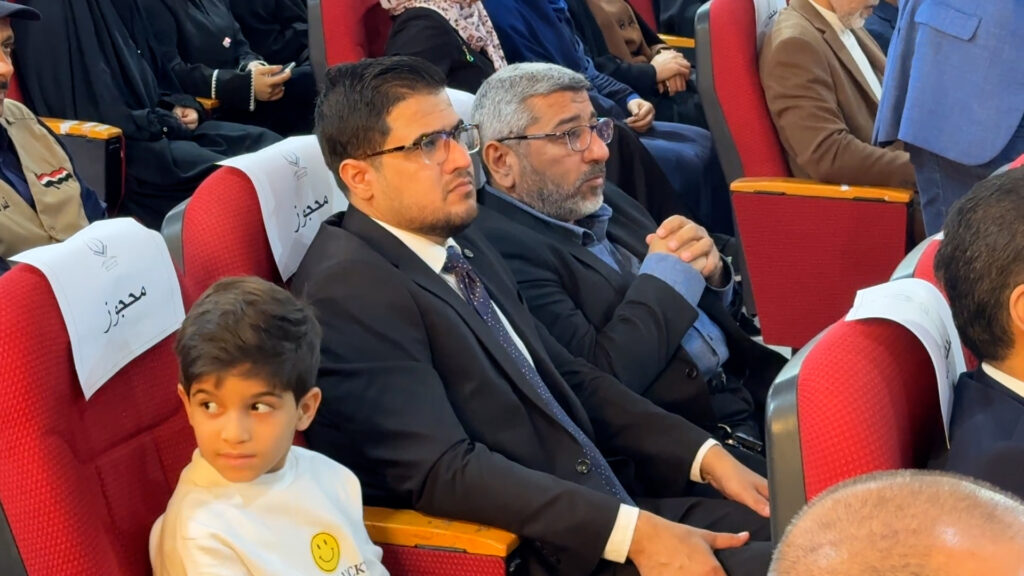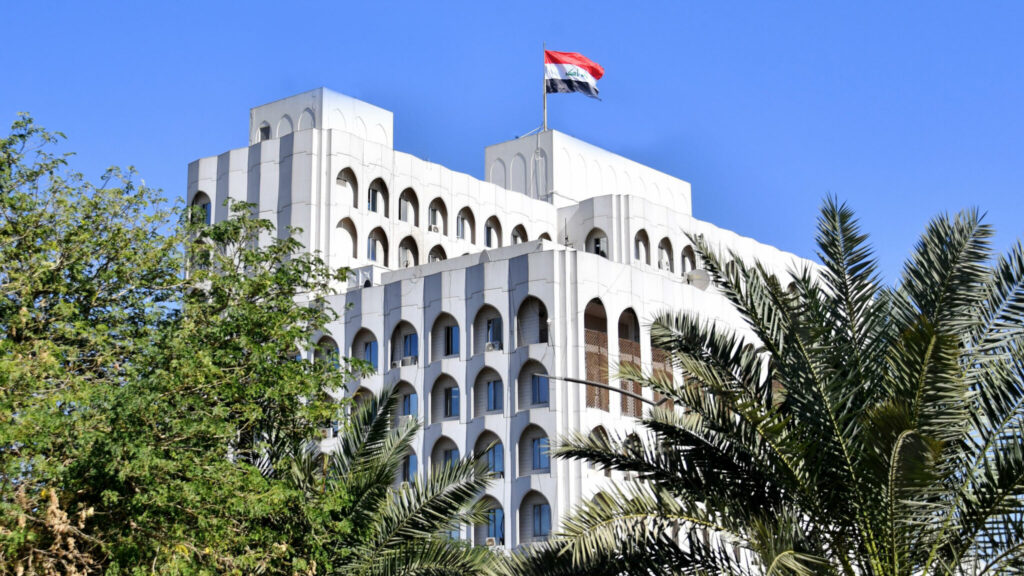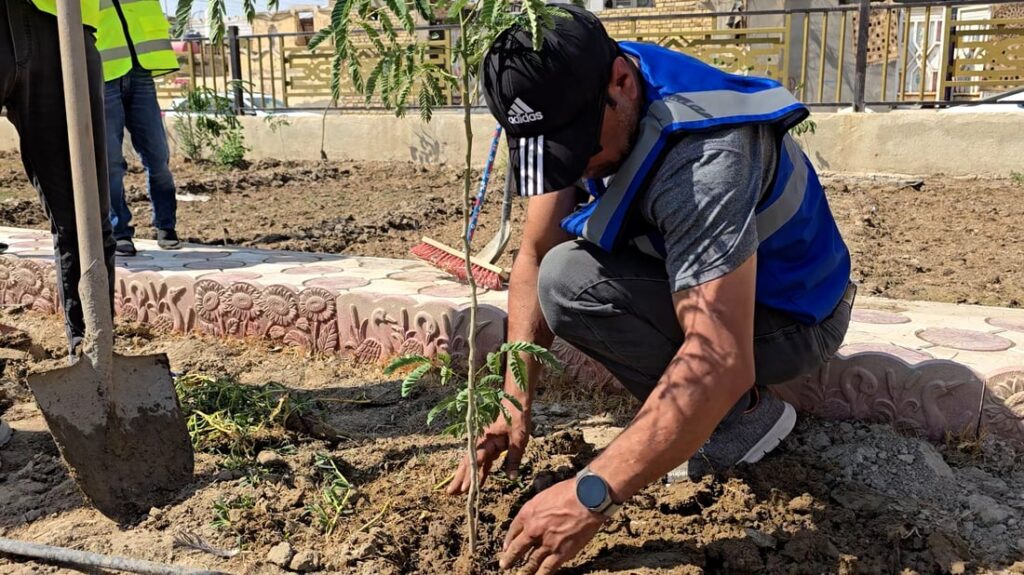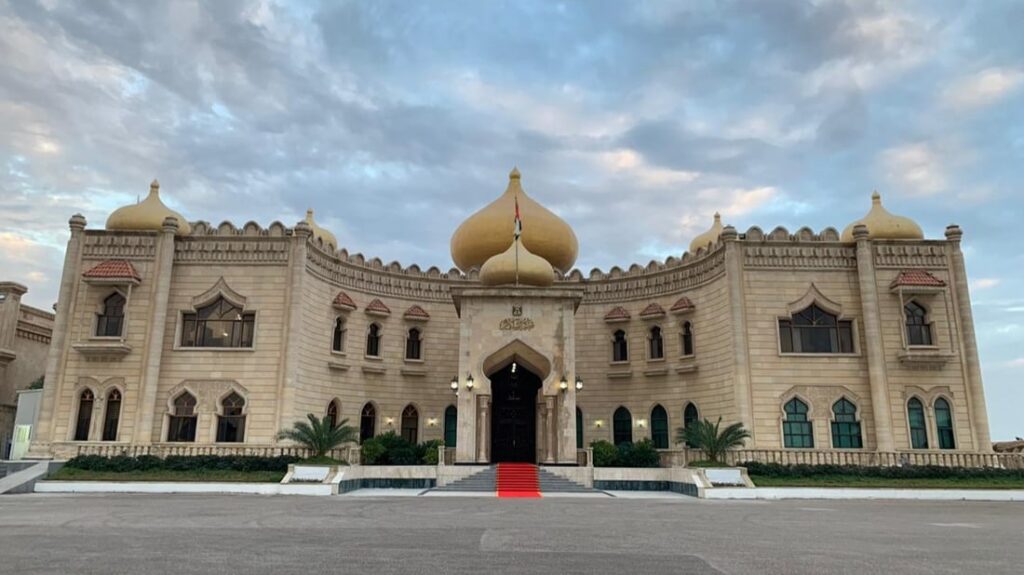Iraq: ISHM 231: December 5 - 12, 2019

Key Takeaways:
New Election Law Remains Deadlocked; Gunmen Attacks On Protesters Push Death Toll Past 510; U.S. Sanctions Iraqi Militia Leaders, Politician; No Agreement On New PM As Deadline Approaches – On December 5, Iraq’s Parliament approved a new law for the country’s Independent High Election Commission, but disagreements continue over a new election law, especially on issues of district size, proportional representation, and whether the law should allow party lists. On December 6, unidentified gunmen attacked protesters in Baghdad’s Tahrir Square using live bullets, killing 25 and wounding at least 130 more. The identity of the attackers remains unconfirmed, amid conflicting accounts and recriminations between militias suspected of being behind the violence. The death toll from the protests had reached 511 by December 11, according to Iraq’s Health Ministry. On December 6, the U.S. imposed sanctions on four Iraqis accused of extensive human rights violations, bribes and corruption. The list includes Qais and Laith al-Khazali of Asa’ib Ahl al-Haq, Hussein Falih Aziz al-Lami of Kata’ib Hezbollah, and political financier Khamis al-Khanjar. On December 9, President Barham Salih said after meetings with political leaders that there is an agreement to nominate a new prime minister to replace the outgoing Adil Abdul-Mahdi before the December 15 deadline. No strong candidates have emerged yet, though. On December 12, an announcement attributed to the protesters listed seven qualities sought in a new prime minister. These included that he must be independent of political parties and be an Iraqi with no dual citizenship or foreign loyalties, has held no prior high position, known for his integrity, under the age of 55, committed to meeting protesters demands, and that he must not run for office in future elections. more…
ISIS Attacks Continue To Focus On Diyala; Security Forces Conduct New Major Operation; More Rocket Attacks On Military Bases Threaten Escalation Between U.S. And Iraqi Militias – On December 5, an IED killed a civilian and injured another in Mosul. On December 5, militants killed a policeman in Diyala. On December 6, an IED killed one policeman and wounded two in Kirkuk. On December 7, a drone reportedly dropped an explosive device on the Najaf residence of Moqtada al-Sadr. On December 7, ISIS militants killed a farmer in Diyala. On December 7, an IED exploded near a shrine in Diyala. On December 7, an IED killed two popular mobilization fighters and wounded two more southwest of Baghdad. On December 8, Iraq’s Defense Ministry retired 58 senior officers, including the commander of the air force. On December 8, a college professor was severely injured in an IED explosion in Karbala. Iraqi security forces (ISF) concluded the 7th stage of operation “Will of Victory,” which covered 3,257 sq km across the provinces of Salah ad-Din, Diyala and Kirkuk. On December 9, six members of the ISF were wounded in a rocket attack on their base near Baghdad’s airport. This was followed by another attack on the airport involving two large caliber rockets on December 11. An earlier attack with two rockets had hit the Balad air base on December 5. A U.S. official warned that violence between the U.S. and militias behind the attacks could “escalate unintentionally.” On December 10, two IED explosions wounded one civilian in Diyala. On December 12, three children were killed and two more were injured when an unexploded shell detonated in Salah ad-Din. more…
Assassinations, Kidnappings Of Iraqi Activists Increase; UNAMI Report Finds Evidence Of Deliberate Killings, Says Government Is Restricting Its Access to Hospitals – On December 8, Iraqi judicial authorities said that 2,626 protesters arrested since October 1 have been released, while 181 protesters remain in custody. On December 8, unknown gunmen assassinated activists Fahim al-Taie in central Karbala. Activists Ehab al-Wazni and Muhannad al-Ka’bi both survived attempts on their lives in Karbala, in which militants used silenced weapons and a sticky IED, respectively. Another activist, Basim al-Zubeidi also survived an attack by gunmen in Maysan province. On December 10, activist Ali al-Lami was found dead with bullet wounds to his head after he went missing in Baghdad. On December 9, a report by the office of the Iraqi Human Rights Commission in Dhi-Qar found that 88 of the 94 protesters who died in the province were killed by live bullets. On December 11, the UN Assistance Mission to Iraq (UNAMI) published a new report on Iraq’s ongoing demonstration covering the period from November 5 to December 8. The report says that “UNAMI continued to receive credible allegations of deliberate killings, abduction and arbitrary detention carried out by unknown armed men described as: ‘militia’, ‘unknown third parties’, ‘armed entities’, ‘outlaws’ and ‘spoilers’.” more…
Iraq Eyes 3.88 Million bpd Exports In 2020; Rice Production Improved In 2019; Iranian Gas Problems Cost Iraq 2,400 MW In Electricity; KRG Will Use 200,000 bpd To Pay Down Debt – On December 6, Iraq’s Oil Minister said Iraq will cap its oil production and exports at 4.513 and 3.88 million barrels per day (bpd), respectively, including oil contributed by the Kurdistan region. On December 6, Iraq’s Trade Minister said the country’s farmers have marketed more than 105,000 tons of rice so far in 2019, a major increase compared to last year’s 18,000 tons, but still below 2017 figures. On December 10, Iraq’s Electricity Ministry said that pipeline maintenance and rising demand for Iranian gas inside Iran reduced Iraq’s gas imports from its neighbor and the fuel available to Iraqi power plants. On December 12, Iraq’s Oil Minister said that starting in 2020, the KRG would deliver 250,000 bpd of its production to federal authorities and use the remaining 200,000 bpd it produces to pay the international oil companies operating its fields and pay down its debt. more…
For more background on most of the institutions, key actors, political parties, and locations mentioned in our takeaways or in the stories that follow, see the ISHM Reference Guide.




